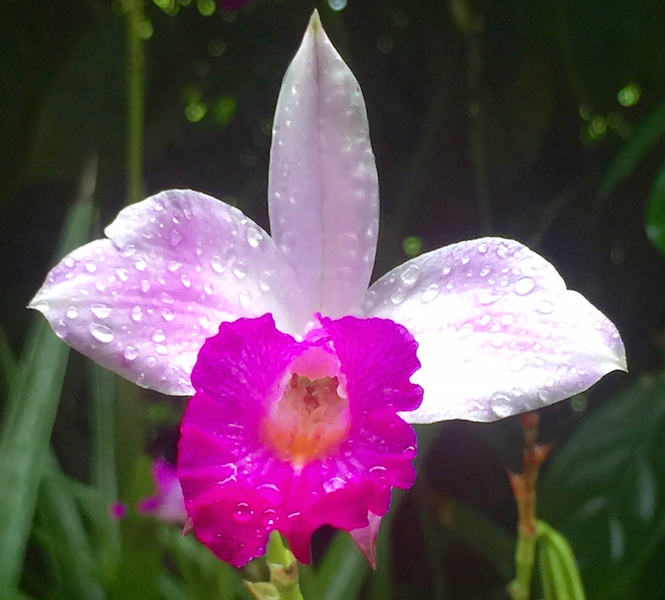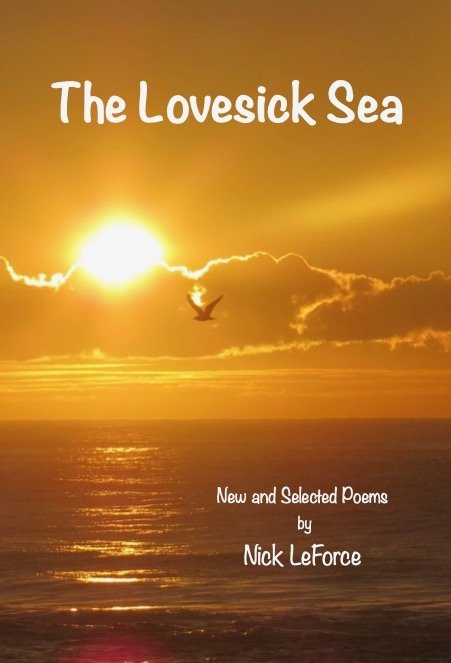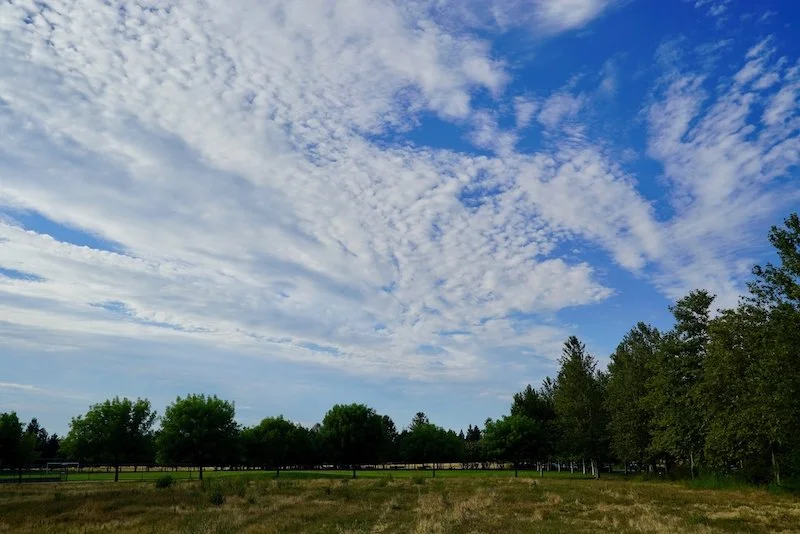Engagement
/This is an excerpt from the introduction to "Engagement," a section of my new book of poetry, Bearing Witness. Bearing witness is a process for transforming experience into wisdom. For me, poetry is one expression of that process. To learn more about the process, click here:
Bearing witness may have come to be associated with courtroom drama, but it is, in fact, at the heart of all of our lives. I believe the term best describes how we turn our experience into wisdom and how we merge the inner world of perception with the outer world of conscious action.
- Presence
- Engagement
- Reflection
- Cultivation
- Expression
This article is about the first phase of the process: Engagement
I recently spent a good thirty minutes looking for my sun glasses. I clearly remembered seeing them in the car on the passenger seat, where I thought I had left them. But when I checked, they weren’t there. So, I went on a search through the house at all the logical and then illogical places I might have left them. The image of them sitting on the car seat shined in my mind. So, I decided to check again. I looked a second time, leaning over from the driver side to thoroughly check the passenger seat, which was completely empty. It was only when I pulled back that I noticed the sun glass case, right there in front of my eyes, sitting in the cupholder beside the seat. It was a lesson in how often I train my eyes by expectation rather than actual observation. I only expected the glasses to be on the seat, not inside the case sitting in the cupholder between the seats. So, I did not look there or, if I did, I dismissed what I saw as irrelevant.
Attention is really a precious and fleeting thing. As mentioned earlier, the average adult attention span is eight seconds, and that is down from 12 seconds just a decade ago. In other words, if something does not grab our attention or if we do not exert effort to hold our attention, then we tend to shift attention rapidly. Hence, bringing ourselves into the present and merely noticing is not enough because our fleeting attention will quickly wander. I know this well in my own life because I am a master at misplacing things, which is directly related to split attention: thinking about one thing while doing something else.
We spilt our attention between the “here and now” and the “there and then” of an imagined future or recalled past. We can split attention into layers by rehearsing opinions and judgements about what we perceive or entertain in the moment. This ability to be aware of what we are noticing, to witness and interact with the contents of our own mind, is, in fact, the hallmark of consciousness. Our complexity is a double edged sword: it can offer endless creativity and can also trap us outside of ourselves resulting in a disembodied life. We can travel anywhere and take up residence somewhere other than here and now. These are costly trips, however, because we learn to live in exile from our selves and outside of time.
There is a time for reflection, a time for forecasting, and a time for laying claim to the world. There is good to be gained from holding the past and the future, from learning lessons and applying strategies, from anticipating what may come or creating what will be. But every distant gaze, whether forward or backward, occurs in the present. Everything starts with presence. Our personal power in the world is calculated according to the degree to which we bring our essence to life in the moment.
We need to engage with the world by actively acknowledging and recognizing the immediate context and connecting with aspects of our environment. Engagement involves a choice to place one’s attention on something in the moment, some particular object or activity of interest. Engagement actively directs attention, fine tunes our awareness, and goes beyond simple noticing to a kind of exquisite attention.
Exquisite attention is a state of wonder, an eagerness to be in the world, that you see in children. But for most adults, stepping into the world with open arms and eager anticipation, but without narrowing life into patterned expectations, is a lost art. It is the loss of this art that so often leads us to getting lost in our lives. We are too caught up trying to shape the world to our ends to even notice the world we are in. Or we are too taken by the world to notice our place in it and we lose ourselves.
The trick to exquisite attention is to empty ourselves of the need for the world, for others, or for us to show up in any particular way. Practice cultivating an awareness of your place in the world as it is, in this moment, and bringing your full presence to the ground you now inhabit. Exquisite attention is childlike wonder tempered with immediate grounding in who you are and where you are at. You can never be lost when you bring your full presence to life with exquisite attention because where you are now and where you want to be are then one and the same.
How do you consciously engage with life and the world?
When, where, with what or with whom do you exercise exquisite attention?
Please share your thoughts and comments below.
© Nick LeForce
All Rights Reserved








